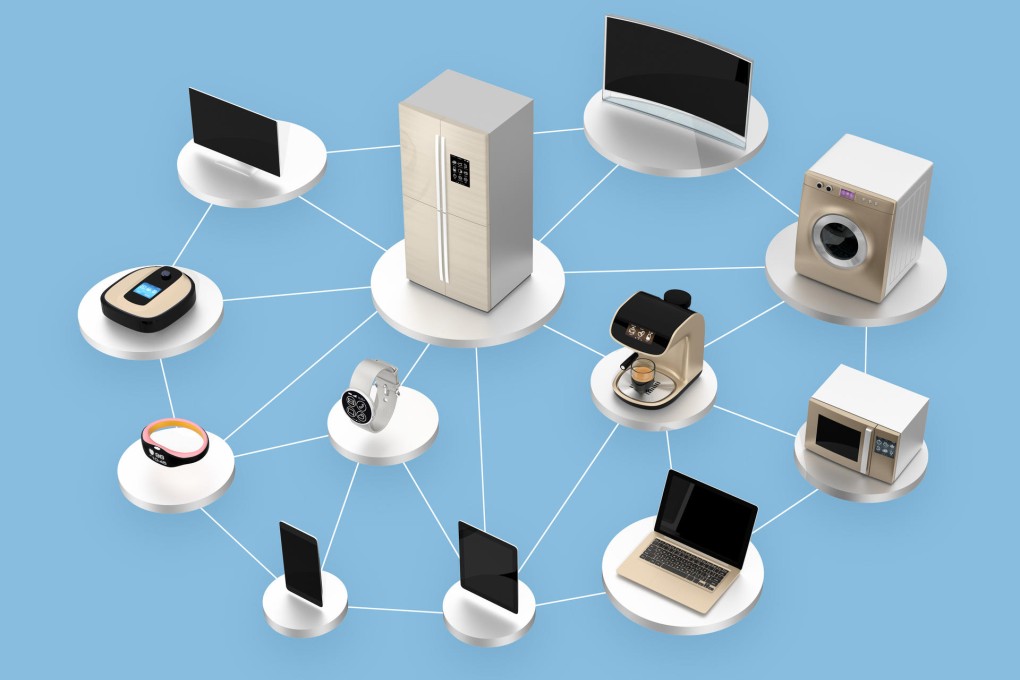
Are you losing trust in the digital economy? We're all aware of the digital trade-off, where we expose our personal details, online behaviour and photographs to social networks, online search engines, email servers and cloud storage accounts to the likes of Google, Facebook and Amazon in exchange for a service we want to use, usually for free.
However, high-profile hacks are becoming big stories, with the adultery website Ashley Madison data dump being just the latest in a long line of security breaches and data abuse, from the revelations of National Security Agency whistleblower Edward Snowden in 2013 to the cyber-theft at Sony last year.
If you think your digital identity and personal data are not being protected, then what the coming era of the "Internet of Things" promises will shock you. For now, the physical world remains unconnected, but some predict that by 2020 as many as 50 billion devices and objects will be connected to the internet. Why does this matter? The data collected by a new generation of cameras, TVs, smart kettles and connected fridges will put patterns of your personal information and behaviour into vast databases on cloud servers.
Some think this is supremely risky. "The Internet of Things is poised to become the Internet of Things that spy on you," says Rafael Laguna, CEO at productivity software company Open-Xchange, who thinks it's already happening.
"Amazon and Google have built whole business models around selling you connected devices that monitor your home, listen to your private conversations and may monitor your home interior and movements, all while collecting huge quantities of personal data," says Laguna, who thinks that the Internet of Things is no more than a marketing scheme.
He is referring to smart devices such as Google Nest, a thermostat and smoke alarm that can be remotely controlled and learns your heating habits; and Amazon Echo, a Bluetooth speaker with an always-on microphone that allows you to pose questions to a built-in virtual assistant called Alexa. Echo records everything you say to it, just as every question you've ever asked Siri or Google Now is stored on the servers of Google and Apple.